EVICTED FROM ETERNITY
EVICTED FROM ETERNITY
The Restructuring of Modern Rome
MICHAEL HERZFELD




FOR STANLEY J. TAMBIAH
who insisted I did this first, with gratitude and affection
CONTENTS
xi
I
PREFACE AND ACKNOWLEDGMENTS
 his book is the labor of a love deepened by the realization that Rome, despite its magnificence, is also splendidly, sometimes tragically, a place steeped in all the weaknesses of the human condition. My parents first took me there when I was a schoolboy and marked my life with a passion for this extraordinary place that has only grown with the years. I have tried to convey this powerful affect, along with the Romans' salty humor and gorgeous architectural frenzies, their harsh social realities and their warm gregariousness, the appealing fragility of their lives and the towering strength and self-confidence with which they meet its disappointments as well as its excitements. Monti, the sector of Rome about which I write in these pages, welcomed me to a world strongly marked by these human dimensions. No anthropologist, no scholar-indeed, no sentient human being-could ask for more of any place.
his book is the labor of a love deepened by the realization that Rome, despite its magnificence, is also splendidly, sometimes tragically, a place steeped in all the weaknesses of the human condition. My parents first took me there when I was a schoolboy and marked my life with a passion for this extraordinary place that has only grown with the years. I have tried to convey this powerful affect, along with the Romans' salty humor and gorgeous architectural frenzies, their harsh social realities and their warm gregariousness, the appealing fragility of their lives and the towering strength and self-confidence with which they meet its disappointments as well as its excitements. Monti, the sector of Rome about which I write in these pages, welcomed me to a world strongly marked by these human dimensions. No anthropologist, no scholar-indeed, no sentient human being-could ask for more of any place.
In the work that is laid out here, many people played their parts. Lists are invidious and someone is sure to be omitted, simply because there were so many who enthusiastically supported my project; and because so many of the conversations I had with them continue to this day, sometimes briefly interrupted, but always insistently returning to the themes of a shared passion. A few people nonetheless made especially sustained efforts, and I want to record my appreciation of their counsel, insights, and support: Loredana Acca, Paolo Berdini, Carlo Cellamare, Adriana Goni, Luigi Lombardi Satriani, Berardino Palumbo, Andreina Ricci, Paolo Sciar- roni, Riccardo Troisi, and the entire Valeri family (Vincenzo, Francesco, Andrea, and Paola). Certain colleagues also offered helpful advice on specific technical questions; these include the economist Ricardo Hausmann and the linguist Paolo Di Giovine. Karen Hendrickson-Santospago converted my confusing instructions into a splendidly legible map. Those generous souls who read the manuscript and offered their extremely perceptive comments on it-Augusto Ferraiuolo, Cornelia (Nea) Mayer Herzfeld, Douglas Holmes, Guy Lanoue, Lilith Abdelwahab Mahmud, Maria Minicuci, Borden Painter, Miriam Shakow, and Claudio Sopranzetti-deserve special gratitude. Carlo Cellamare and Maria Minicuci also arranged for me to hold visiting appointments in their respective parts of the University of Rome-I ("La Sapienza") and engaged me in larger and extraordinarily productive discussions throughout these years of research, while Nea Herzfeld, constant companion in so many places, brought insight and a generously critical eye to this work as it progressed, besides cementing many of our shared friendships with the people of Monti and of Rome in general. At the University of Chicago Press, I am deeply indebted to my old friend T. David Brent, his extraordinarily efficient assistant Laura J. Avey, and my meticulous, understanding, and stylistically sensitive manuscript editor Mary Gehl. To the many other friends whose voices are heard with varying degrees of explicitness in these pages, or who proffered useful advice along the way, my debt is as deeply felt and appreciated as it is wide-ranging.
While the usual provisos about personal responsibility apply, I do genuinely want to thank the foundations that helped me bring this work through the main research phase. These are the National Endowment for the Humanities and the John Simon Guggenheim Memorial Foundation, which sequentially supported my sabbatical year research in 1999-2000. Harvard University's Weatherhead Center for International Affairs generously supported a further leave in 2007 and thereby facilitated much of the writing for this project. My sojourns at the University of Melbourne also provided me with an invaluable retreat.
All unattributed quotations are my translations of remarks made by informants; I have, except in the case of unavoidable exceptions (such as public figures or individuals whose role received significant attention), avoided using their own personal names. Many of them spoke in a mixture of "standard language" and "dialect," and, while these mixed utterances have sometimes occasioned surprise on the part of educated local readers, they do represent habits of speech (notably code-switching) that are themselves useful evidence of subtly but ceaselessly shifting identity politics in social interactions.
When I began to toy with the idea of doing field research in Thailand, my departmental colleague Stanley J. Tambiah, a leading light in Thai studies, at first demurred and then showed some apparent discomfort with the idea-until he was satisfied that I would first pursue my interests in the comparison of Greek and Italian nationalisms. When I told him that I intended to go to Rome before I attempted anything substantive in Thailand and asked him for a letter of support for one of my fellowship applications, he immediately responded with all the extraordinary generosity and care for my scholarly life that had, it became entirely clear, animated his original concern and hesitation. Tambi, whose personal modesty and kindness are as legendary as his intellectual inspiration, has, quite simply, made all the difference. He also shares my enthusiasm for Rome as a city. This book is, in a very real sense, a response to the combination of intellectual stimulation and radical kindness that he has brought to all our encounters, and I dedicate it to him with the deepest and most grateful affection.
Cambridge, Mass.
May 2008
OVERTURE

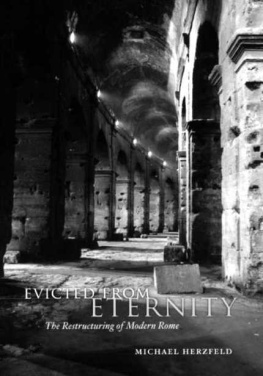
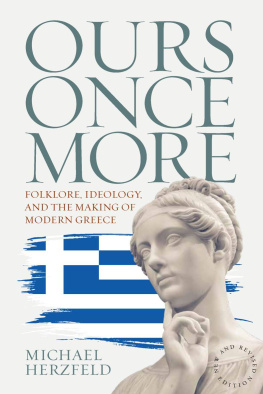
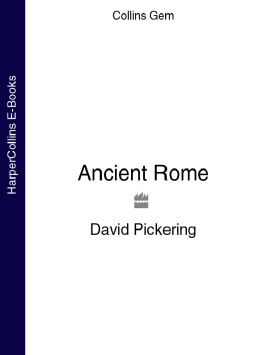
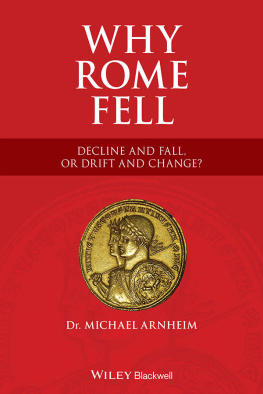
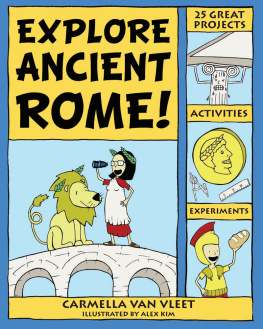
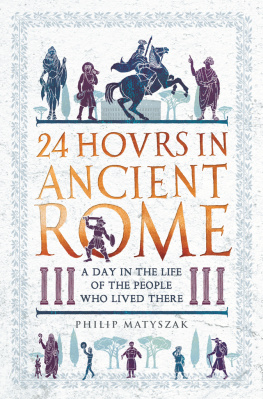
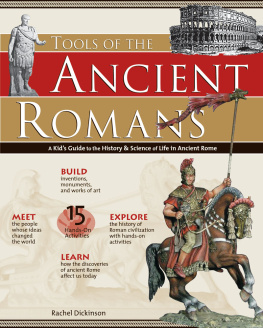
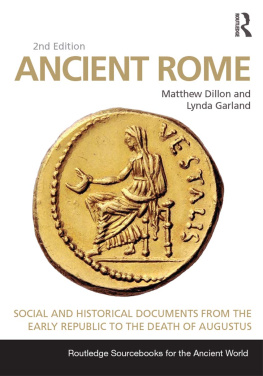
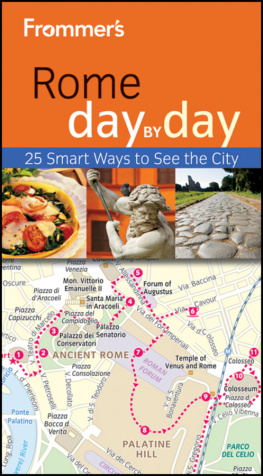
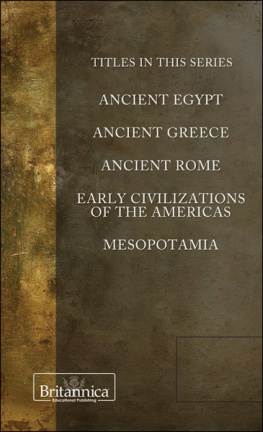
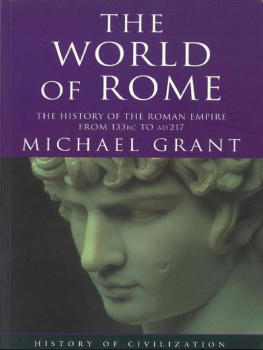

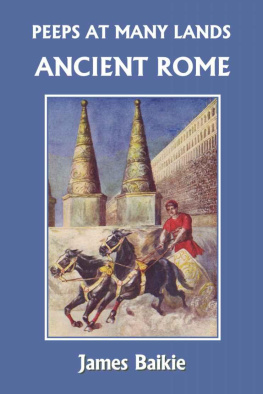












 his book is the labor of a love deepened by the realization that Rome, despite its magnificence, is also splendidly, sometimes tragically, a place steeped in all the weaknesses of the human condition. My parents first took me there when I was a schoolboy and marked my life with a passion for this extraordinary place that has only grown with the years. I have tried to convey this powerful affect, along with the Romans' salty humor and gorgeous architectural frenzies, their harsh social realities and their warm gregariousness, the appealing fragility of their lives and the towering strength and self-confidence with which they meet its disappointments as well as its excitements. Monti, the sector of Rome about which I write in these pages, welcomed me to a world strongly marked by these human dimensions. No anthropologist, no scholar-indeed, no sentient human being-could ask for more of any place.
his book is the labor of a love deepened by the realization that Rome, despite its magnificence, is also splendidly, sometimes tragically, a place steeped in all the weaknesses of the human condition. My parents first took me there when I was a schoolboy and marked my life with a passion for this extraordinary place that has only grown with the years. I have tried to convey this powerful affect, along with the Romans' salty humor and gorgeous architectural frenzies, their harsh social realities and their warm gregariousness, the appealing fragility of their lives and the towering strength and self-confidence with which they meet its disappointments as well as its excitements. Monti, the sector of Rome about which I write in these pages, welcomed me to a world strongly marked by these human dimensions. No anthropologist, no scholar-indeed, no sentient human being-could ask for more of any place.
